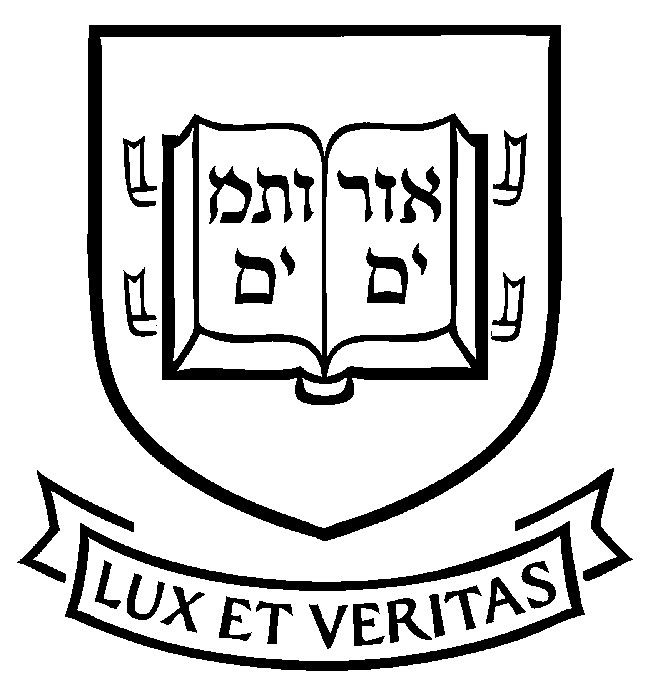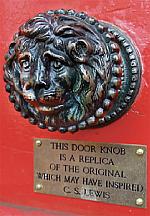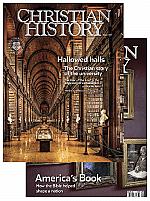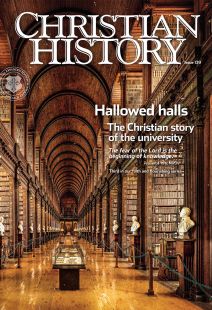Hallowed halls: Questions for reflection

[ABOVE—Yale University Shield—Yale University / [Public domain] Wikimedia; the Latin is “Light and Truth” and the Hebrew references the Urim and Thummim (Leviticus 8:8)]
These questions are meant to help you think more deeply about this issue and apply it to your own life and setting. Ponder them on your own, or discuss them in Sunday school or in a study group.
1. Describe your family and/or church views of higher education.
2. Did your educational experience prepare you for life intellectually and spiritually? What would you have changed about it?
3. In your own words, share what you see as the goal of higher education. Now answer the same question for “Christian higher education.” How have your answers changed?
4. Has reading this issue changed your perspective? How?
5. Some see higher education as a tool to better the individual; others see a path to bettering society at large. Which movements profiled in this issue are examples of each?
6. Theology was once the bedrock of all education. Describe how this view changed throughout the eras we’ve covered.
7. Define Christian humanism (pp. 6–11). Does this seem like a good foundation for a university education? Why or why not?
8. As you review the University of Paris article (pp. 12–15), can you name the seven disciplines included in the “liberal arts”? Compare this to how they are defined today.
9. How would you have responded to attending Oxford and Cambridge (pp. 16–19)?
10. What caused the conflict at the University of Prague (pp. 20–22) that created the University of Leipzig? How have you seen similar conflicts handled today?
11. Wittenberg University (pp. 23–25) was central to the Protestant Reformation. How would the Reformation have been different without it?
12. Review the guidelines for professors Christian Thomasius wrote for Halle (pp. 26–28). Look up a job posting for a modern professorship. Compare the two.
13. Where do you see effects of Enlightenment changes in higher education (pp. 33–36) in today’s colleges and universities?
14. How did the University of Berlin (p. 37) alter theology’s role in higher education?
15. Did it surprise you that many Ivy League schools (pp. 39–41) were recognizably Christian into the twentieth century? How would you describe their vision of the common good then and now?
16. Do you agree with Newman’s views on education (p. 42)? Why or why not?
17. How were Oberlin educators’ policies (pp. 43–45) on educating women and African Americans shaped by their views of the common good?
18. How did the Wheaton vision (pp. 46–48) of the common good change over the years? Why?
19. If you could attend or teach at any school we’ve covered in this issue, which would it be? Why?
20. Which story in this issue most stands out to you?
21. If you personally had resources and influence to help begin a new movement in higher education, what would be your focus?
By the editors
[Christian History originally published this article in Christian History Issue #139 in 2021]
Next articles
Hallowed halls: Recommended resources CH 139
Learn more about Christianity and higher education with these resources selected by Christian History’s authors and editors.
the editors and contributorsJack at home: did you know?
Encounters with C. S. Lewis around the hearth and along the byways
the editorsSupport us
Christian History Institute (CHI) is a non-profit Pennsylvania corporation founded in 1982. Your donations support the continuation of this ministry
Donate






